Sri Lankan President Mahinda Rajapaksa became his own successor on Wednesday, after former army chief Sarath Fonseka failed to topple the president in the first postwar elections held in the country.
It had come as an unexpected surprise for Mahinda Rajapaksa when one of his closest allies, army chief Sarath Fonseka, became a presidential candidate, posing an unexpected real opponent for the president who otherwise enjoyed no major political opposition.
The men, each have claimed responsibility for the defeat of the Tamil Tigers in the North of Sri Lanka earlier this year, and both claimed the victory as the spearhead of their campaigns.
“Thirty years we have suffered from war and he has ended it,” said Saman Dankotuwage, 50, a Sri Lankan entrepreneur, talking about the president.
With the 25-year-long civil war over, a different battle was being fought—a political battle which saw an election run-up marked by violence. Four supporters of both the president and the opposition had been killed and hundreds wounded. Just days ahead of the elections, the home of an opposition supporter was attacked with a gas bomb.
It had come as an unexpected surprise for Mahinda Rajapaksa when one of his closest allies, army chief Sarath Fonseka, became a presidential candidate, posing an unexpected real opponent for the president who otherwise enjoyed no major political opposition.
The men, each have claimed responsibility for the defeat of the Tamil Tigers in the North of Sri Lanka earlier this year, and both claimed the victory as the spearhead of their campaigns.
“Thirty years we have suffered from war and he has ended it,” said Saman Dankotuwage, 50, a Sri Lankan entrepreneur, talking about the president.
With the 25-year-long civil war over, a different battle was being fought—a political battle which saw an election run-up marked by violence. Four supporters of both the president and the opposition had been killed and hundreds wounded. Just days ahead of the elections, the home of an opposition supporter was attacked with a gas bomb.
While Rajapaksa has hailed his 57 percent majority victory, his opponent Fonseka who won 40 percent of the votes, has rejected the results and vowed to challenge it in court. “We will never accept this result. We will petition against it,” Fonseka told reporters following the elections results. ”The enthusiasm of the people we noticed during the campaign is not reflected in this result,” he said.
While voting went peacefully in most of the country, grenades exploded in different cities in the Northern Tamil part of the country, which killed two.
The election drew a 70 percent voter turnout, showing Sri Lankans were highly involved in the election campaigns. Voter preference has been widely discussed among the populous, with even strangers asking each other who they were voting for.
However, voter turnout in the Tamil areas, which make up around 13 percent of the population, was less than 30 percent.
The conflict between the government and Tamil Tiger rebels has left around 100,000 people dead, with 7,000 civilians killed in the last months of the fighting.
Additional reporting by Upeshikka Dankotuwage and Lishanthi Caldera.
While voting went peacefully in most of the country, grenades exploded in different cities in the Northern Tamil part of the country, which killed two.
The election drew a 70 percent voter turnout, showing Sri Lankans were highly involved in the election campaigns. Voter preference has been widely discussed among the populous, with even strangers asking each other who they were voting for.
However, voter turnout in the Tamil areas, which make up around 13 percent of the population, was less than 30 percent.
The conflict between the government and Tamil Tiger rebels has left around 100,000 people dead, with 7,000 civilians killed in the last months of the fighting.
Additional reporting by Upeshikka Dankotuwage and Lishanthi Caldera.
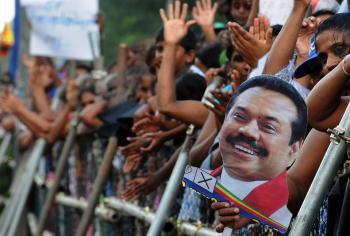

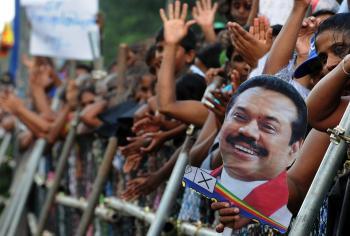
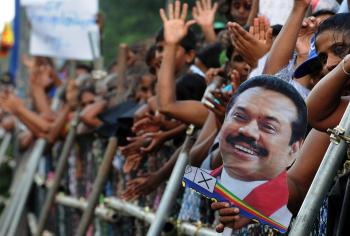
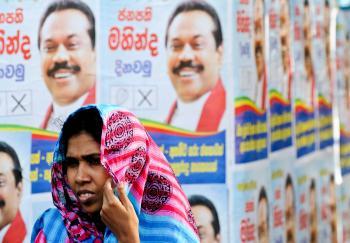
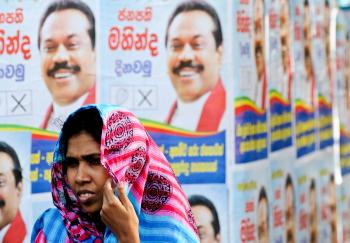


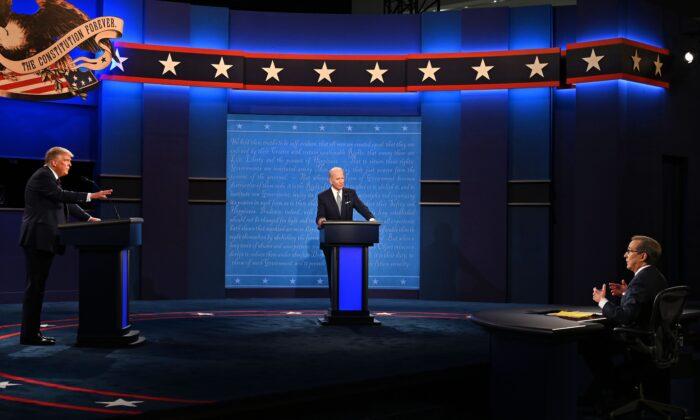
Friends Read Free